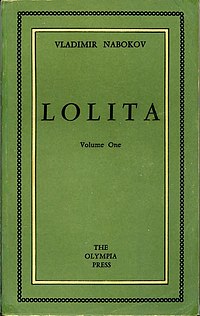"In 1594, being then seventeen years of age, I finished my courses of philosophy and was struck with the mockery of taking a degree in arts. I therefore thought it more profitable to examine myself and I perceived that I really knew nothing worth knowing. I had only to talk and wrangle and therefore refused the title of master of arts, there being nothing sound or true that I was a master of. I turned my thoughts to medicine and learned the emptiness of books. I went abroad and found everywhere the same deep-rooted ignorance."
-Van Helmont (1648)
"The new degree of Bachelor of Science does not guarantee that the holder knows any science. It does guarantee that he does not know any Latin."
-Dean Briggs of Harvard College (c. 1900)
When I was a young man I read Nabokov's The Defense, which, I think, was about a dissertation defense and the protagonist Luzhin's (rhymes with illusions) ensuing mental breakdown. I can't remember that much about it; but the point is that a dissertation defense - to judge from the blogs and article posts written by calm, rational, well-balanced academics without an axe to grind, and who would never, ever exaggerate their experience just for the sake of looking as though they struggle and suffer far more than everybody else - is one of the most arduous, intense, soulcrushing, backbreaking, ballbusting, brutal experiences imaginable, possibly only equaled by 9/11, the entire history of slavery, and the siege of Stalingrad combined. Those who survive it are, somehow, of a different order.
The date has been set; and just like a real date, it will involve awkward stares, nervous laughter, and the sense that you're not quite being listened to - but without the hanky-panky at the end. The defense is in three days, and part of me knows that most of it is done already; having prepared myself well, and having selected a panel of four arbiters who, to the best of my knowledge, when placed in the same room will not attempt to eat each other. ("Oh come on, just a nibble?" "NEIN!")
Wish me luck, comrades. During the defense, the following will be playing in my head:


